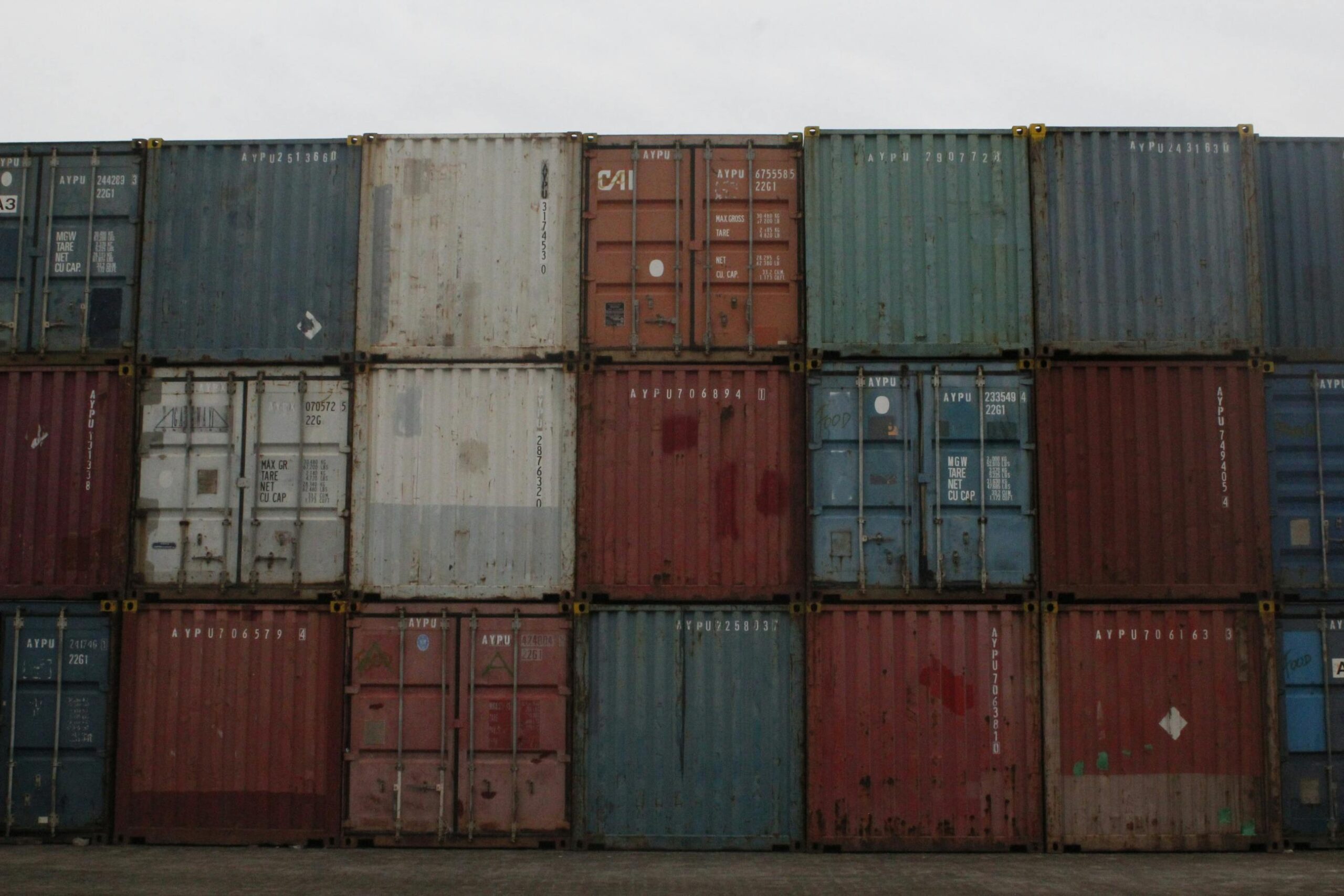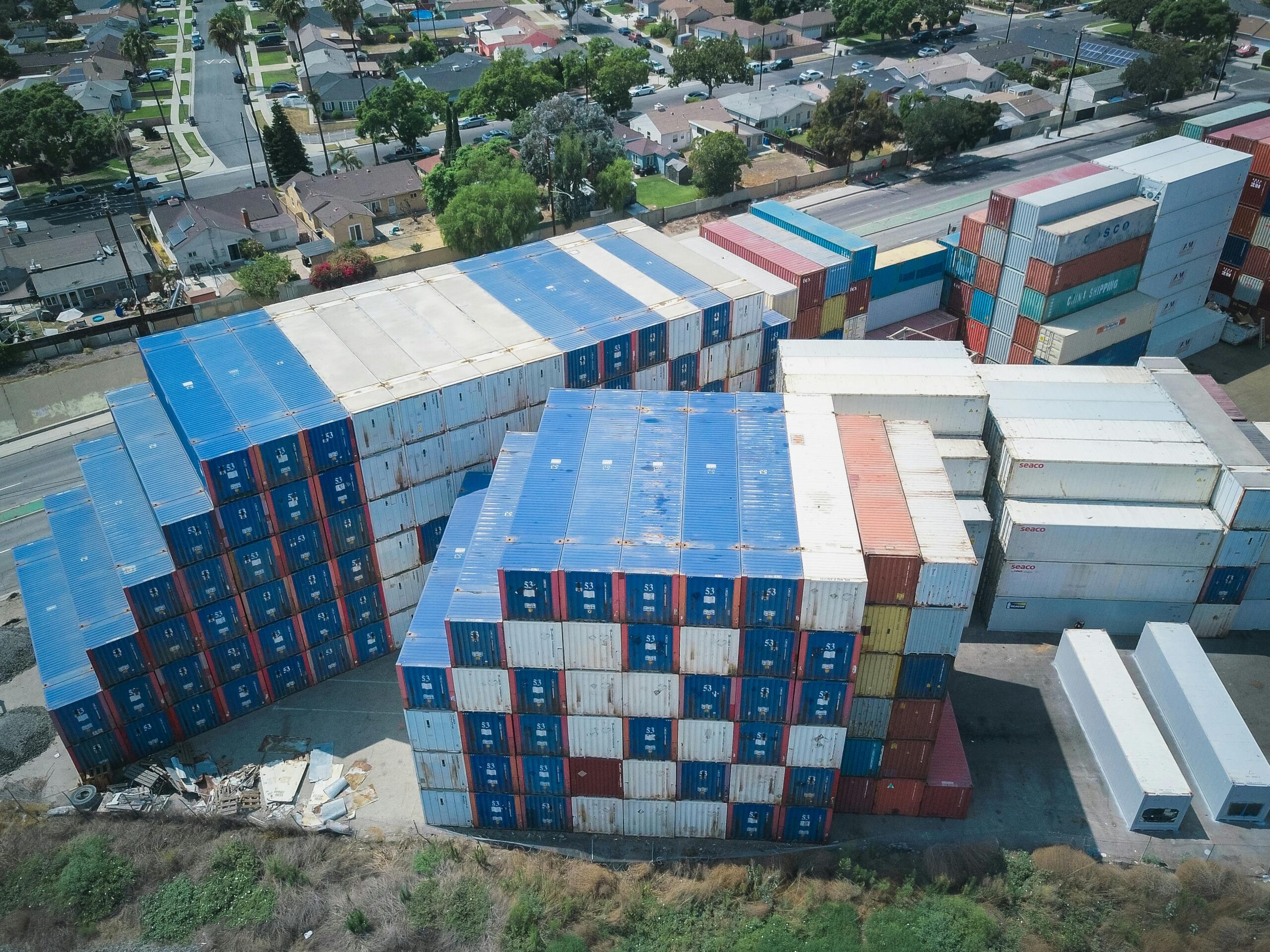Want to master the world of international trade? Start here! In this glossary, you'll find the key terms that will help you navigate this complex universe.
Understanding this specific language is essential to make more assertive decisions and avoid unforeseen events in your import and export operations.
Check out the first part of our glossary below.
Letter A
ACC – Pre-shipment or production financing.
ACE – Advance on drafts delivered, made at the post-shipment commercialization stage.
ALADI – Latin American Integration Association.
ATA Carnet – "Merchandise passport."An international customs document that allows for the temporary import of goods without the incidence of taxes.
Ad Valorem – A percentage charged on the FOB value of the goods, normally complementary to the basic freight to cover the costs of cargo insurance, damages, and accidents.
AFRMM (Additional Freight for the Renewal of the Merchant Marine) - A fee that applies to the value of the freight priced by national companies.
Freight Forwarding – A service that optimizes logistics processes, especially in the international transportation of cargo, simplifying distribution, transportation, and inventory control processes and managing bureaucracy.
Antidumping – A measure applied to prevent dumping situations (which is the practice of exporting a product at a price lower than that practiced in the domestic market of the exporting country).
Shipper – A company that owns, partners with, or charters a ship that, at its own risk, equips, maintains, and commercially exploits a merchant ship.
AWB (Air Waybill / Conhecimento de Embarque Aéreo) - Issued by an airline or an international freight agent for the transportation of goods and is proof of the contract of carriage, in short, it is a document of ownership of the goods.
Letter B
Balance of Trade – A statement of the values of a country's exports and imports.
Trade Barrier – Can be understood as any law, regulation, policy, measure, or government practice that imposes restrictions on foreign trade.
Booking - Reservation to guarantee space within the shipping company according to the goods on a specific date.
Break Bulk – Means general cargo or project cargo. It is a form of transportation used to move large-sized cargo. Break Bulk operations must be planned and require special monitoring.
Bulk Cargo - Transported without packaging in a specific space of a vessel.
Bulk Carrier – Suitable for the transport of bulk cargo.
Letter C
Chambers of Commerce – Civil societies, non-profit, constituted with the official oval of the country they represent.
Letter of Credit – A form of payment that offers greater guarantees for both the exporter and the importer.
Certifications – To attest publicly, in writing, that a given product, process, or service complies with the determined.
Classification of Goods – Determines a correlation between goods and a specified nomenclature.
Export Trading Company – A company that purchases goods from third parties and exports in its own name.
Commercial Invoice - Is the main document in any international transaction, detailing the purchase and sale between the importer and exporter. It is essential for customs clearance.
CI (Import Proof) - Document issued by SISCOMEX that informs the clearance of the goods and allows the importer to remove the goods from the customs enclosure.
E-commerce – The conduct of business buying and selling goods and services using the internet.
Container – A container that is intended to enable the transportation of various goods.
Trade Flow – The sum of exports and imports.
CBM (Cubic Meter) – is a quantity that relates the mass and volume of the loads, with the objective of optimizing transportation. Fundamental to decide which is the best transport to be used according to the merchandise.
Letter D
Drawback – The Drawback regime is an incentive for exports aimed at providing better competitiveness conditions for Brazilian products abroad.
Dumping – When a company exports a product to Brazil at a price lower than that practiced for the similar product in sales to its domestic market.
DI (Import Declaration) - A document that records the data of the import process of goods. It contains information such as manufacturer's data, importer, fiscal classification of the goods, and tax values.
Deadline – The deadline by which the operation or shipment must take place.
DTI (Transshipment Declaration) - Used only for cargo originating abroad and destined for it, with transshipment or transshipment between vehicles on an international journey.
DUIMP (Single Import Declaration) – An electronic document that centralizes all information and data of the process related to the import of goods.
Letter E
Exportation - Consists of the temporary or definitive departure from national territory of goods or services originating or coming from the country.
Temporary Exportation – Departure from the country of national or nationalized goods, subject to reimportation within a specified period, in the same state or after being submitted to a process of repair, repair or restoration.
EADI – Public use customs terminal, located in a dry port, in a secondary zone, generally without proximity to the sea.
ETA (Estimated Time of Arrival) – Estimated or predicted date of the ship's departure from the port.
Ex-tariff - Temporary reduction in the import tax rate on capital goods (BK), information technology, and telecommunications (BIT).
Avoid mistakes when importing!
Having a specialized import consultancy can save you from many future risks. See what Genco Import & Export can do for you:
- Sourcing your product to find the best value for your product.
- Simulating all costs before you embark on this journey.
- Negotiating values with suppliers, freight forwarders, and customs brokers.
- Unifying all documents. Less headache for you!
- Closing the exchange rate for your process.
- Conducting inspections and issuing complete reports for your follow-up.
And much more!
Count on Genco for the best advisory for your imports.
Contact us and learn more about our services!




